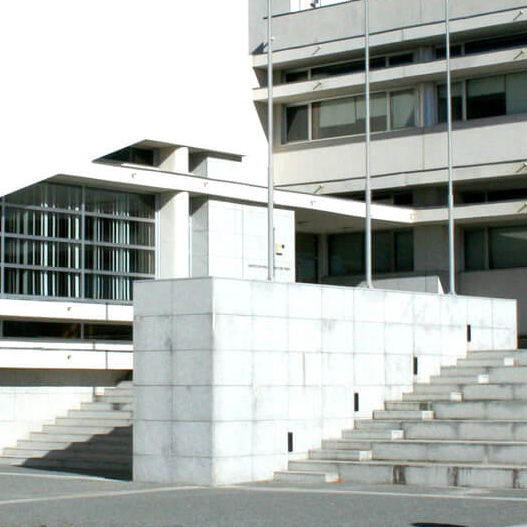Structure
About
The Instituto Politécnico de Viseu comprises a wide range of services serving the different academic activities and that will also provide permanent technical or administrative support. It also offers Social Welfare Services with administrative and financial autonomy that will make sure that the school is capable of fulfilling its social role. The IPV integrates the following teaching and research organic units: the Escola Superior de Educação (the Higher School of Education of Viseu), the Escola Superior de Tecnologia e Gestão de Viseu (the Higher School of Technology and Management of Viseu), the Escola Superior Agrária (the Higher School of Agriculture of Viseu), the Escola Superior de Saúde (School of Health of Viseu) and the Escola Superior de Tecnologia e Gestão de Lamego (the Higher School of Technology and Management of Lamego).
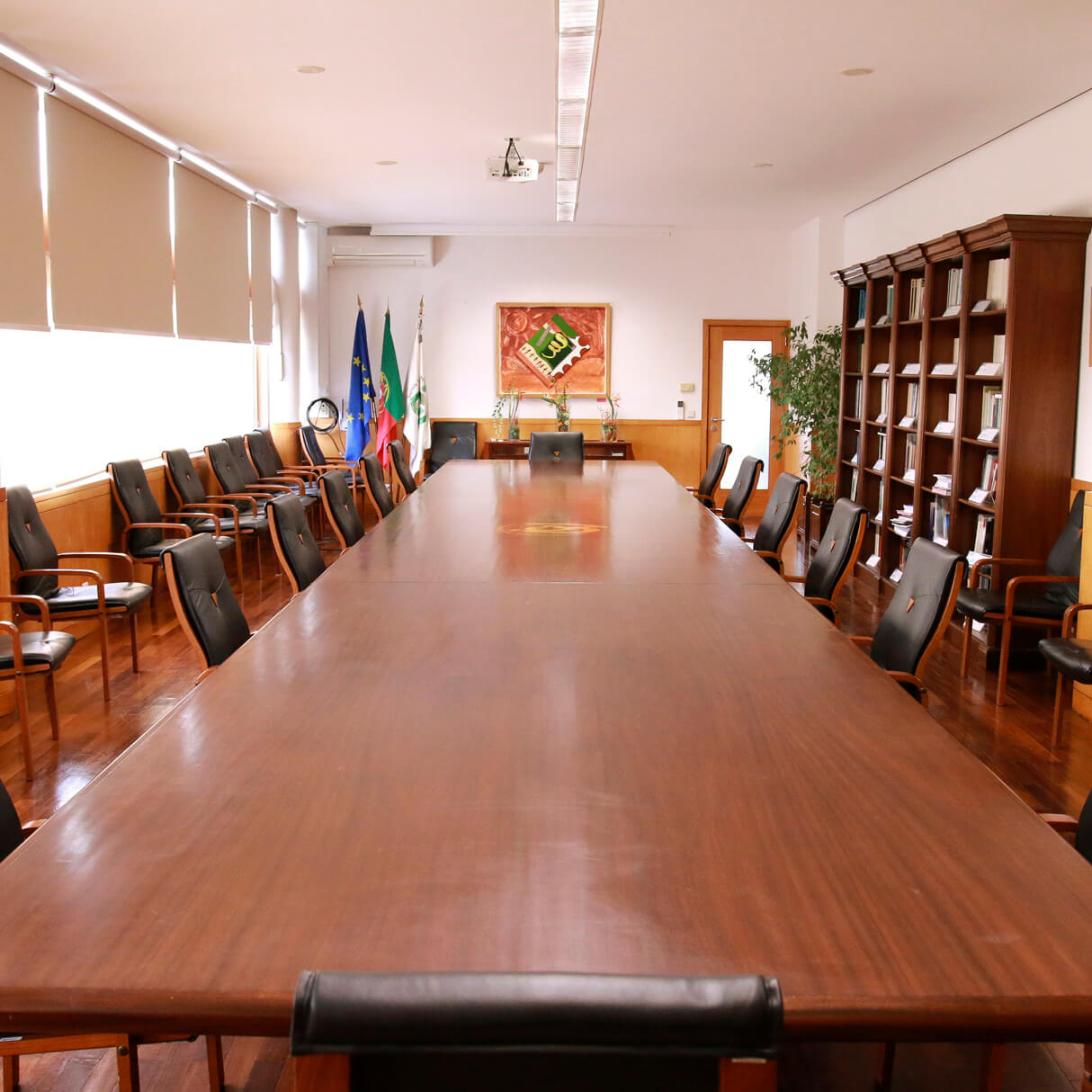
IPV Bodies
The bodies of the IPV are the General Council, the President and the Management Council, the Academic Senate and the Council for Assessment and Quality. The IPV also includes a Student’s Ombudsperson, as defined by its statues.
Management Board 2021 – 2025
| Presidência | |
|---|---|
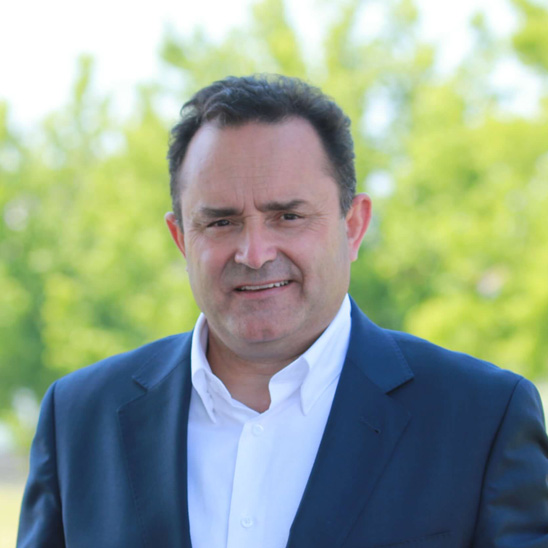 |
José dos Santos Costa Presidente do IPV josesantoscosta |
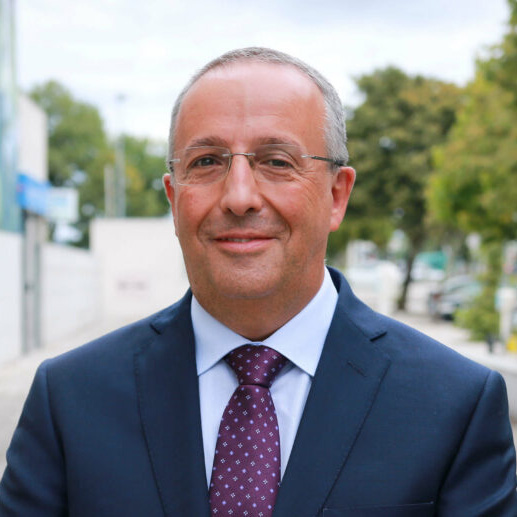 |
João Manuel Vinhas Ramos Marques Vice-Presidente do IPV joao.vinhas |
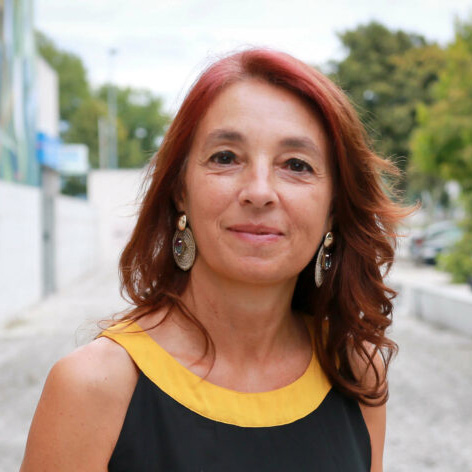 |
Helena Maria Vala Correia Vice-Presidente do IPV h.vala |
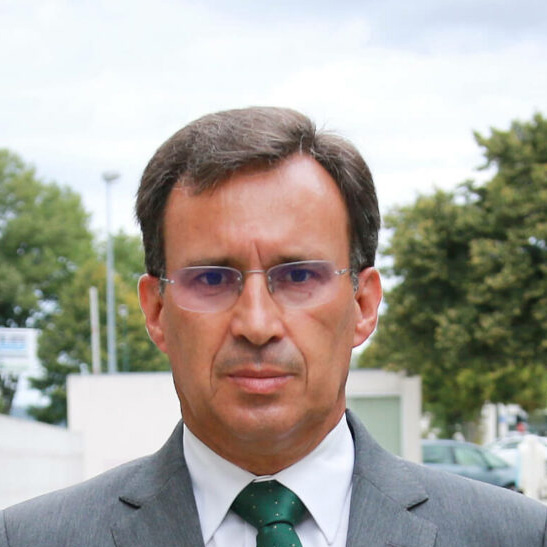 |
João Paulo Balula Vice-Presidente do IPV jprbalula |
| Administradores | |
|---|---|
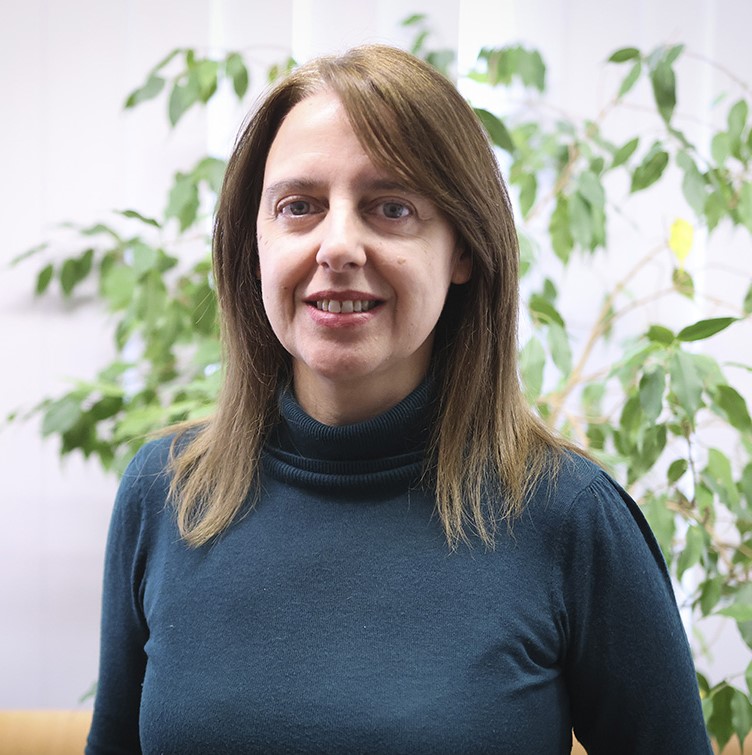 |
Carla Coimbra Administradora do IPV ccoimbra |
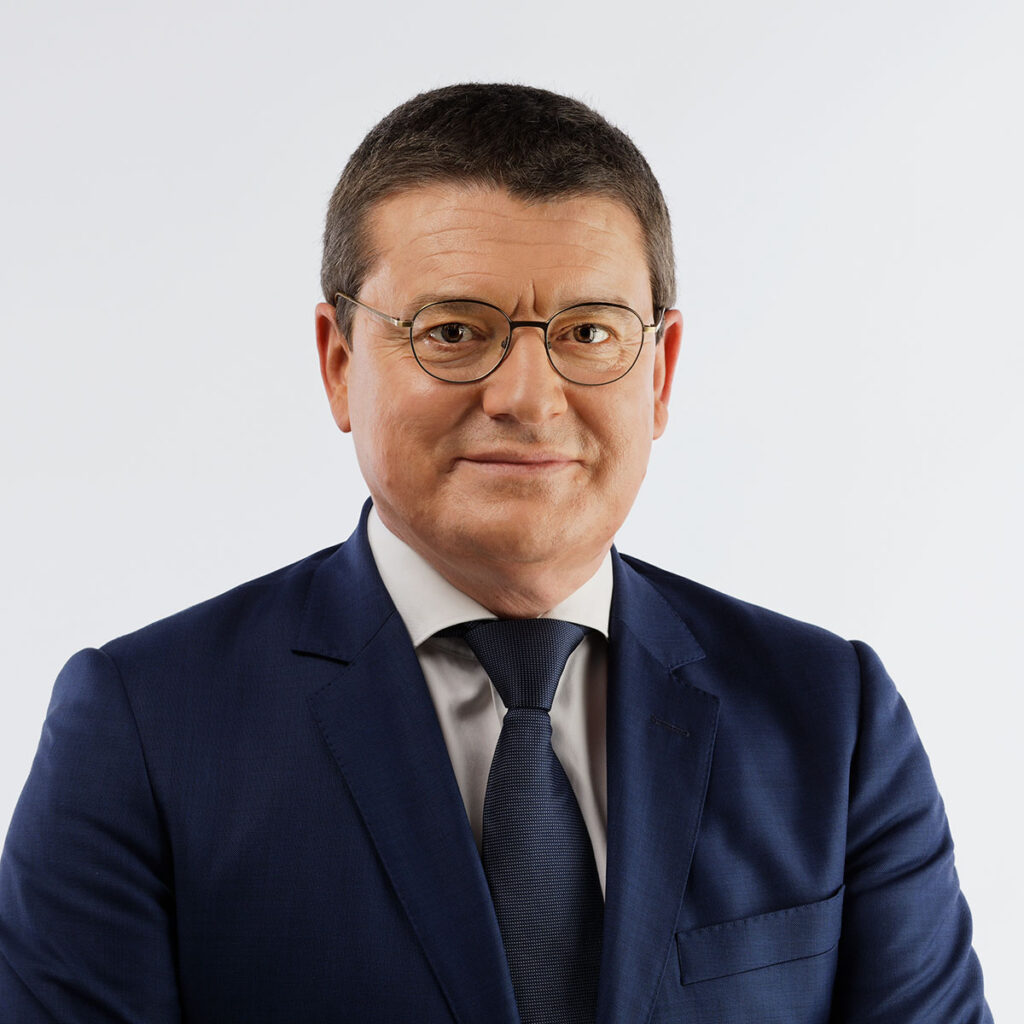 |
Guilherme Almeida Administrador do SAS guilherme.almeida |
| Pró-Presidência | |
|---|---|
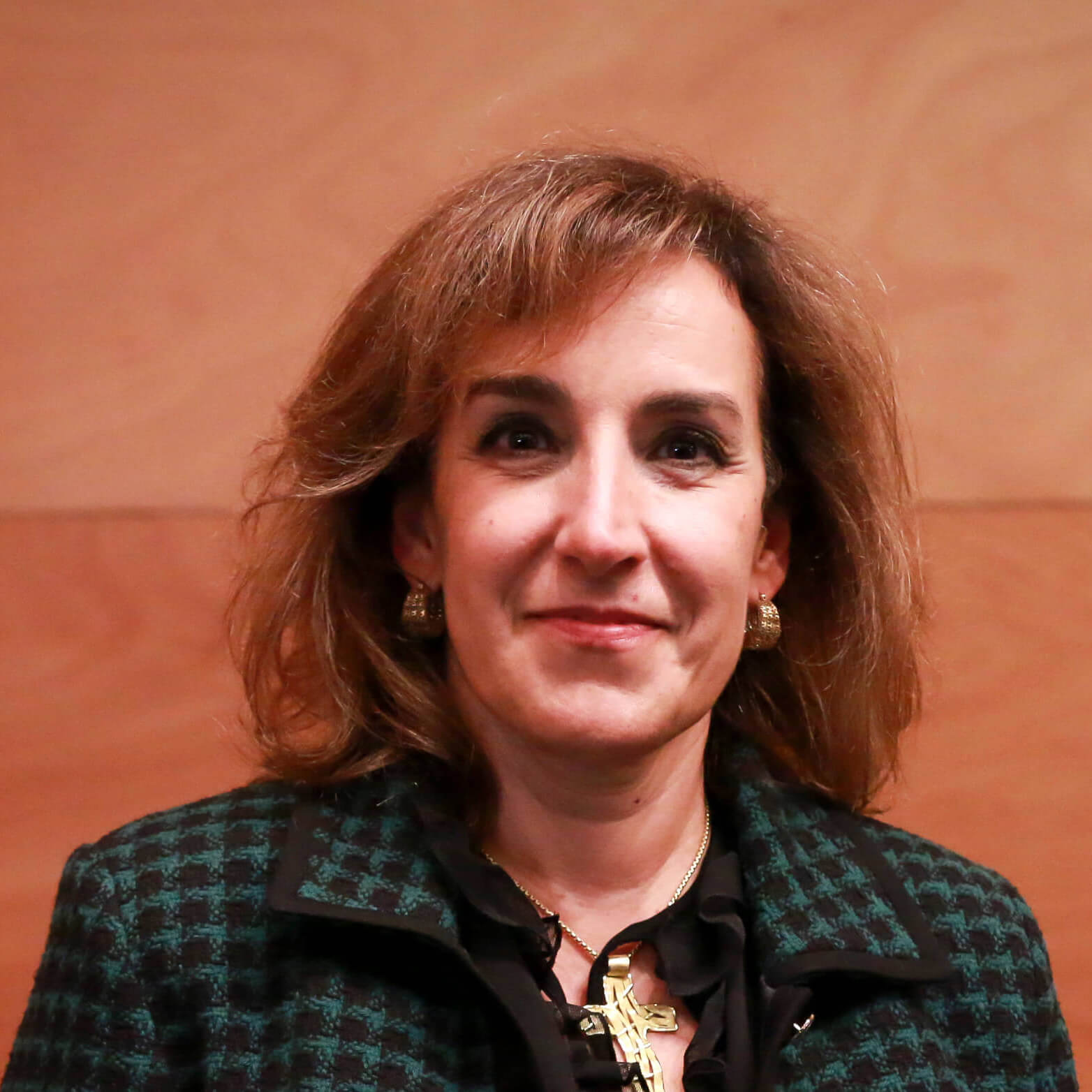 |
Cristina Wanzeller Informática – Sistemas de Informação |
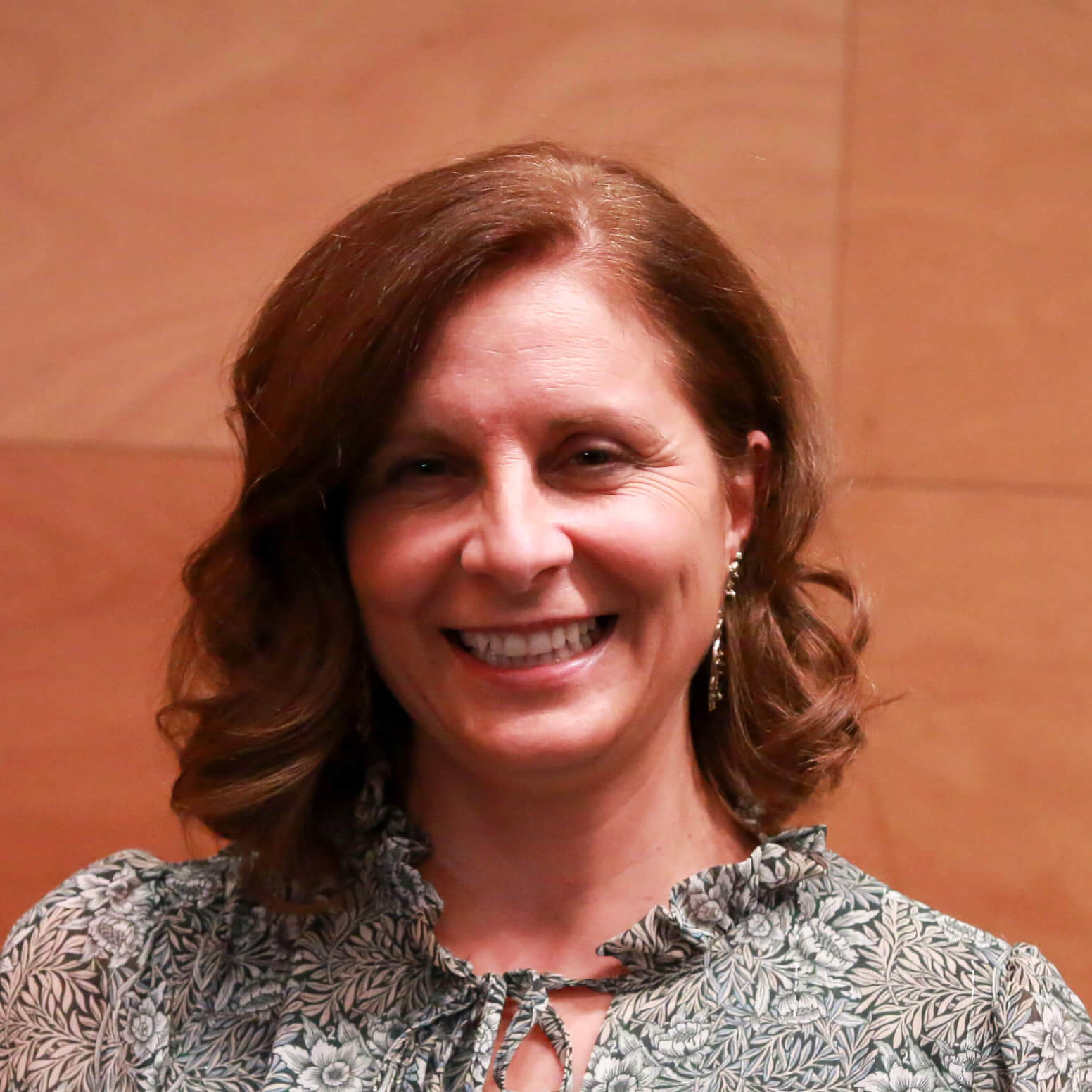 |
Cristina Barroco Ligação à Comunidade e Transferência de Conhecimento |
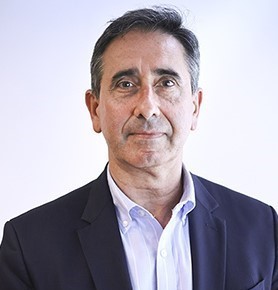 |
Abel Figueiredo Saúde, Desporto, Bem-estar e Sustentabilidade |
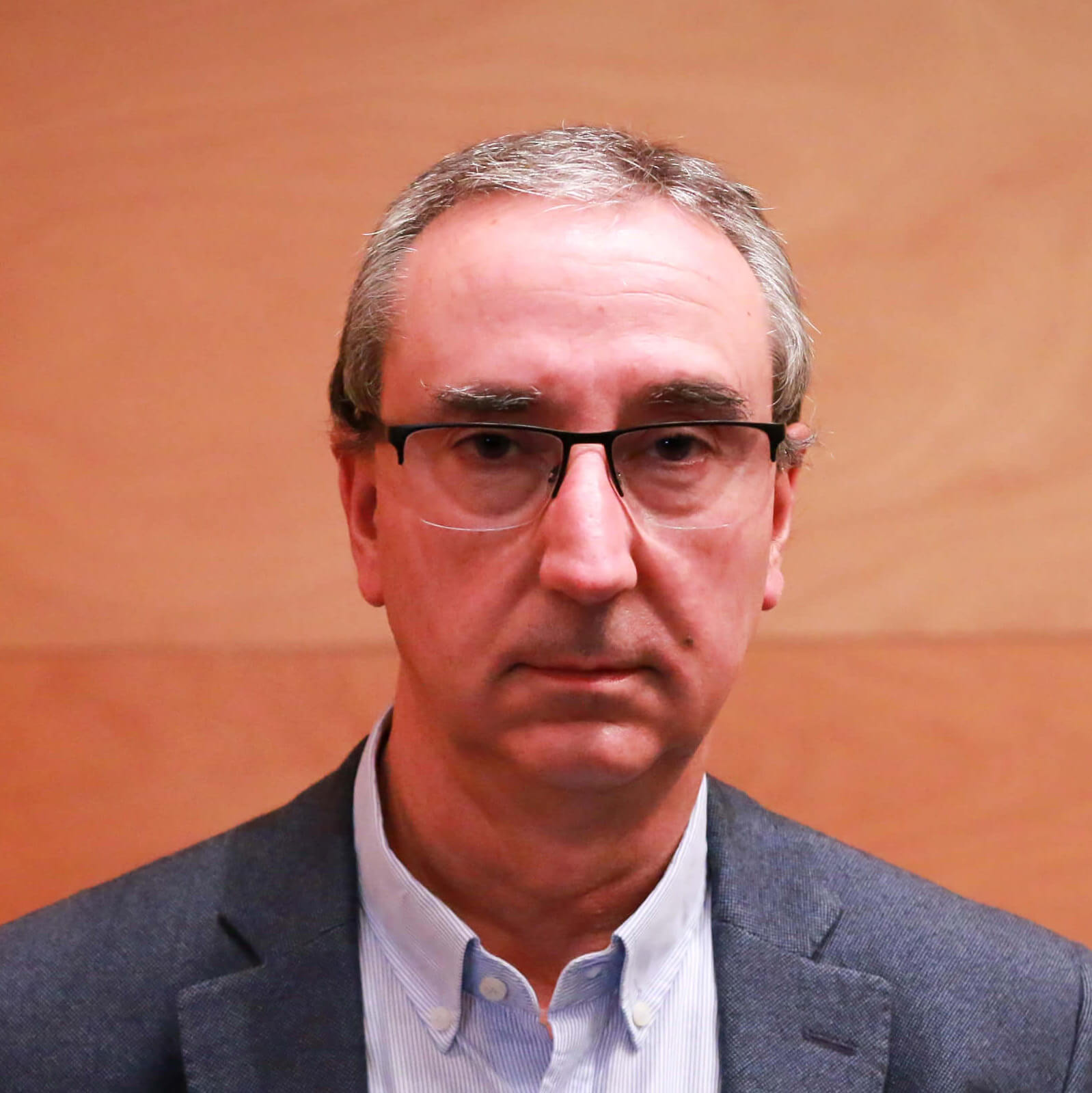 |
Filipe Caldeira Informática – Infraestruturas |
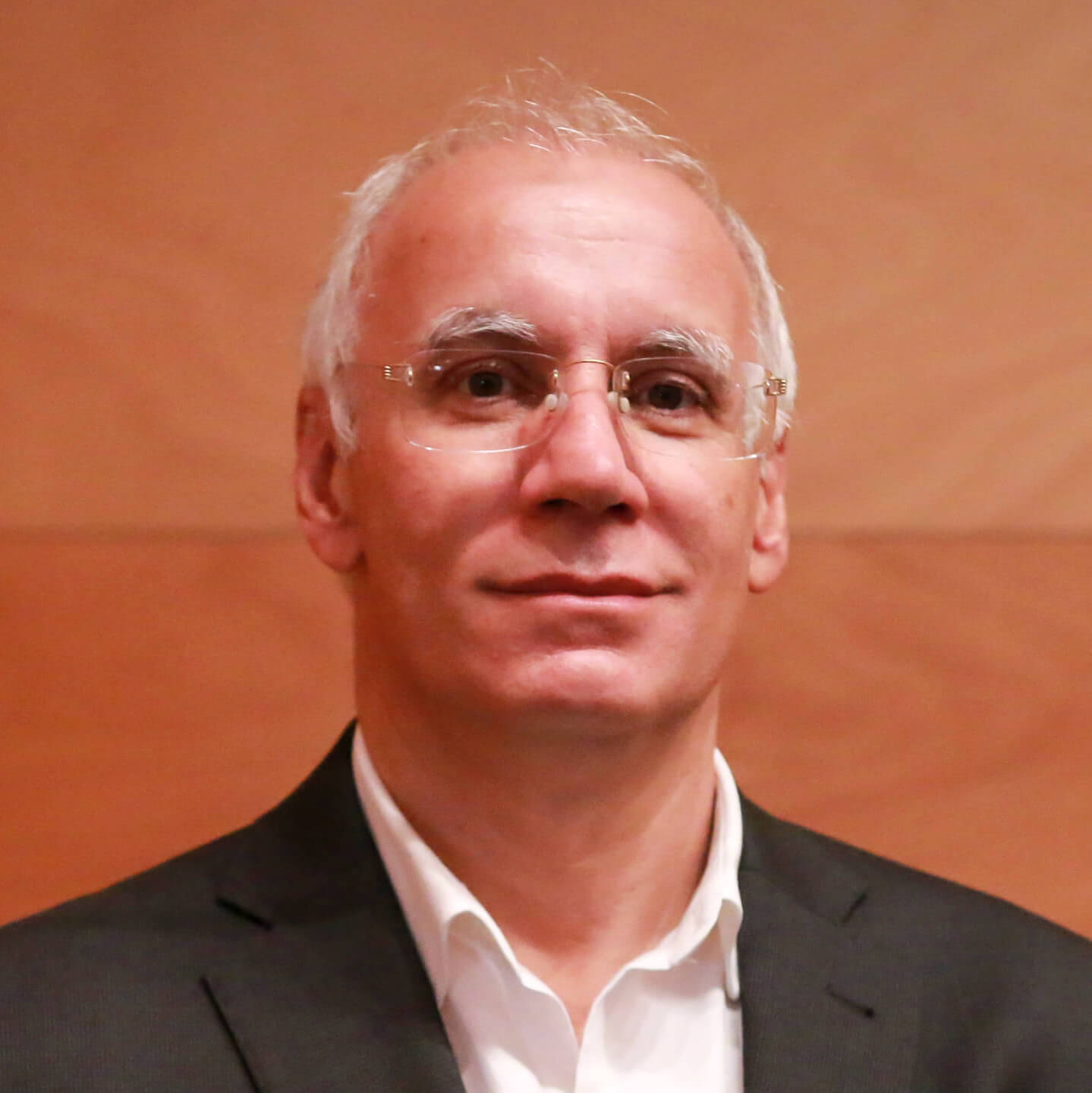 |
Joaquim Antunes Coordenação Institucional |
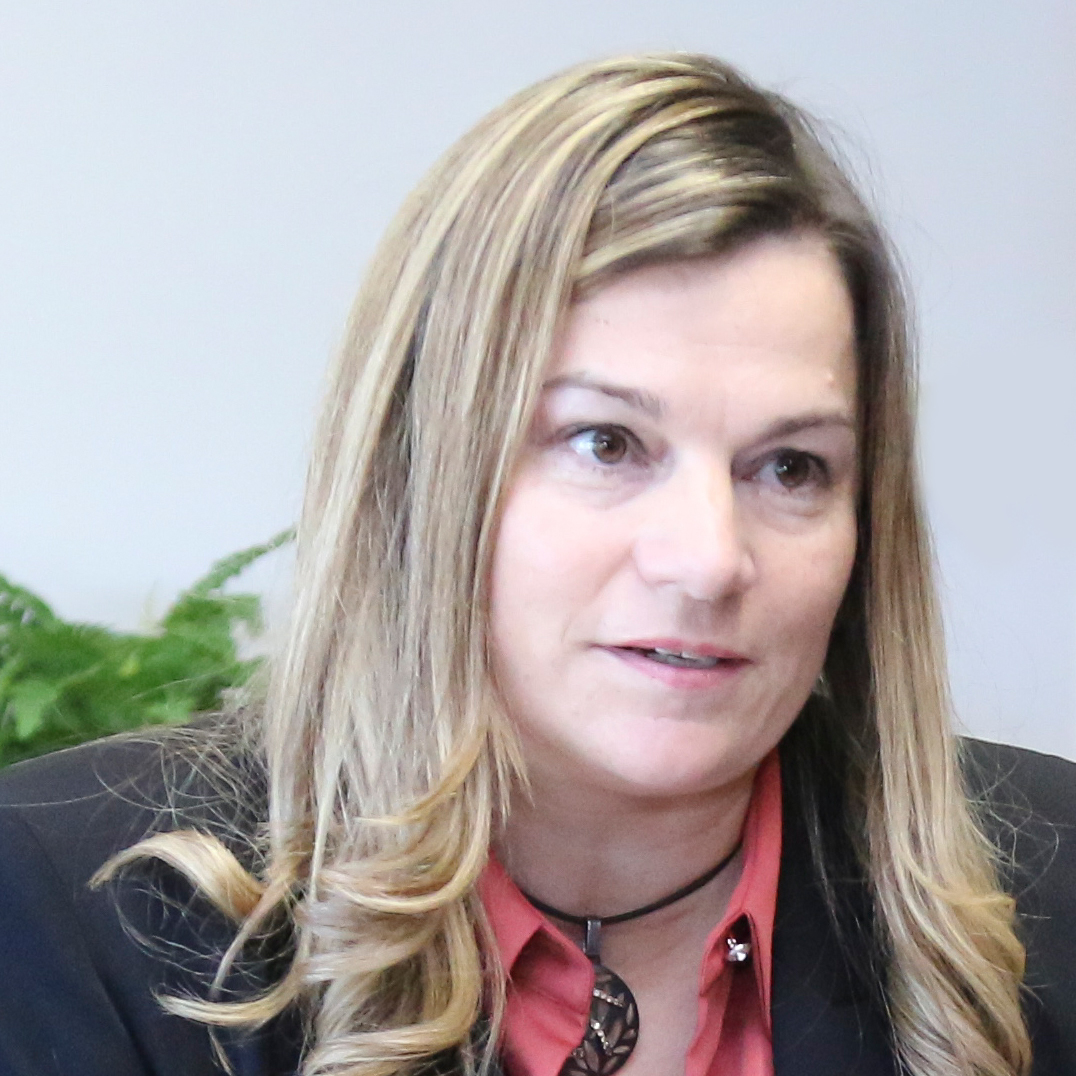 |
Luisa Augusto Comunicação Estratégica |
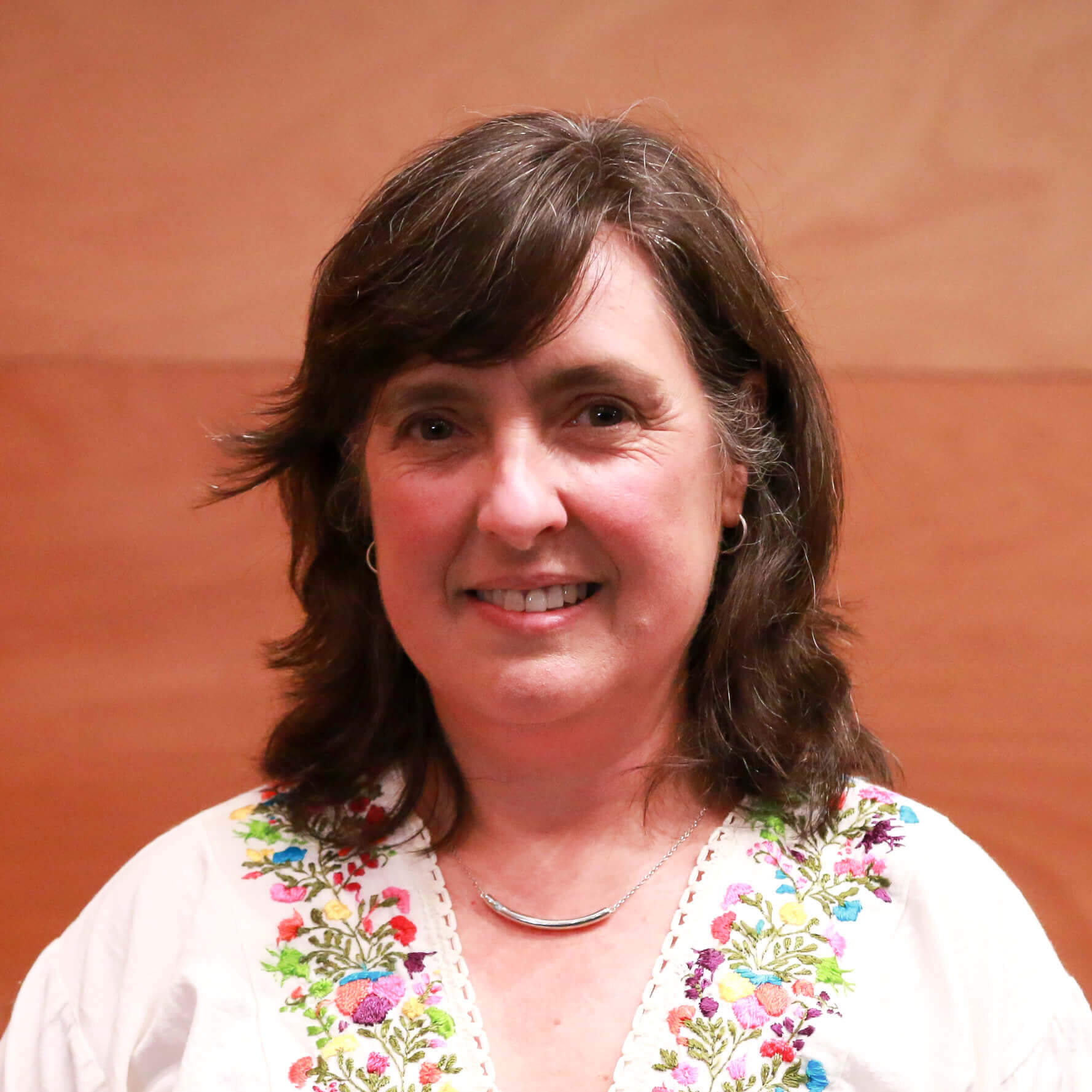 |
Paula Correia Investigação e Inovação |
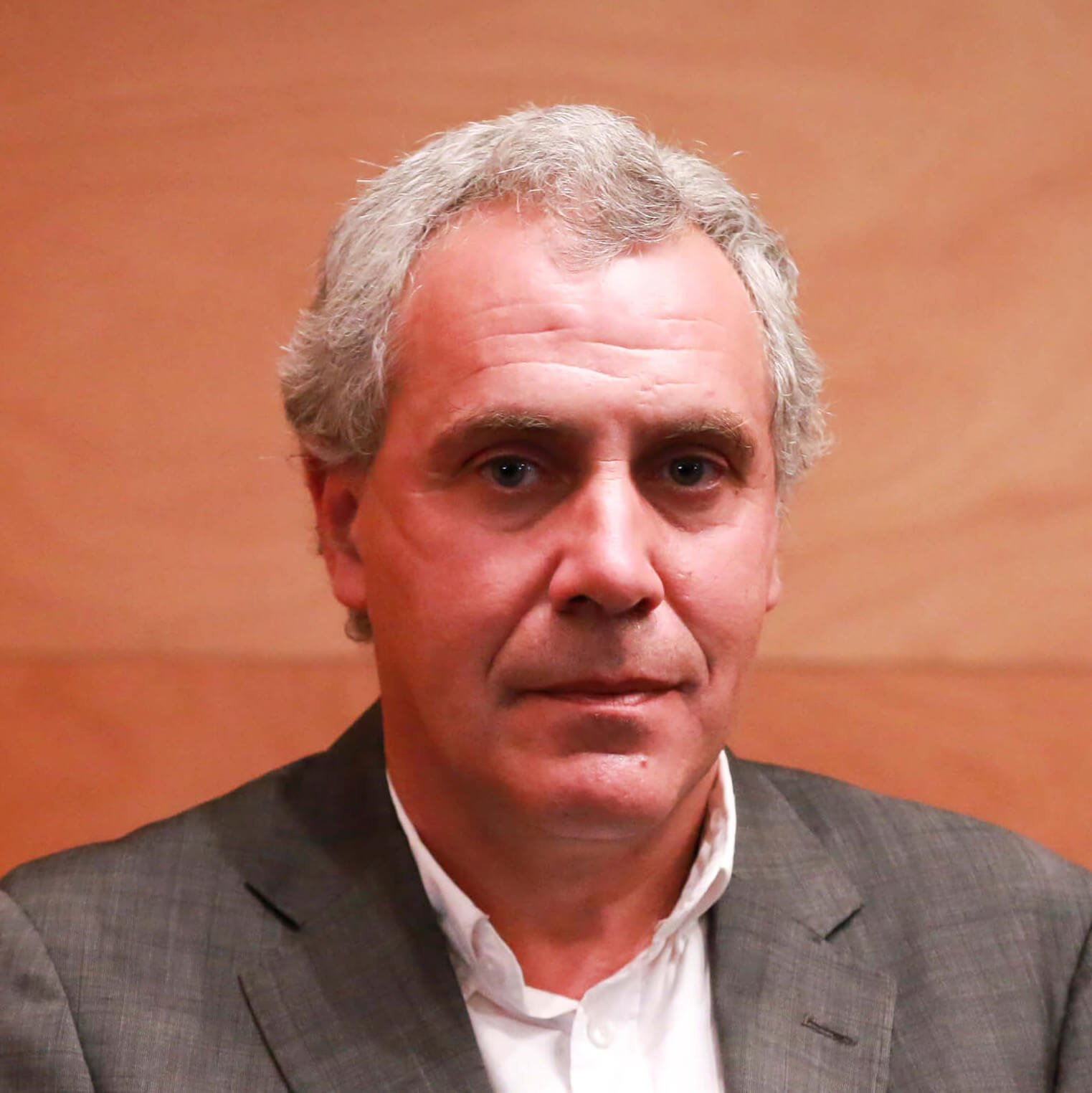 |
Paulo Mendes Infraestruturas e Manutenção do Edificado |
 |
Sandra Antunes Responsabilidade e Inovação Social |
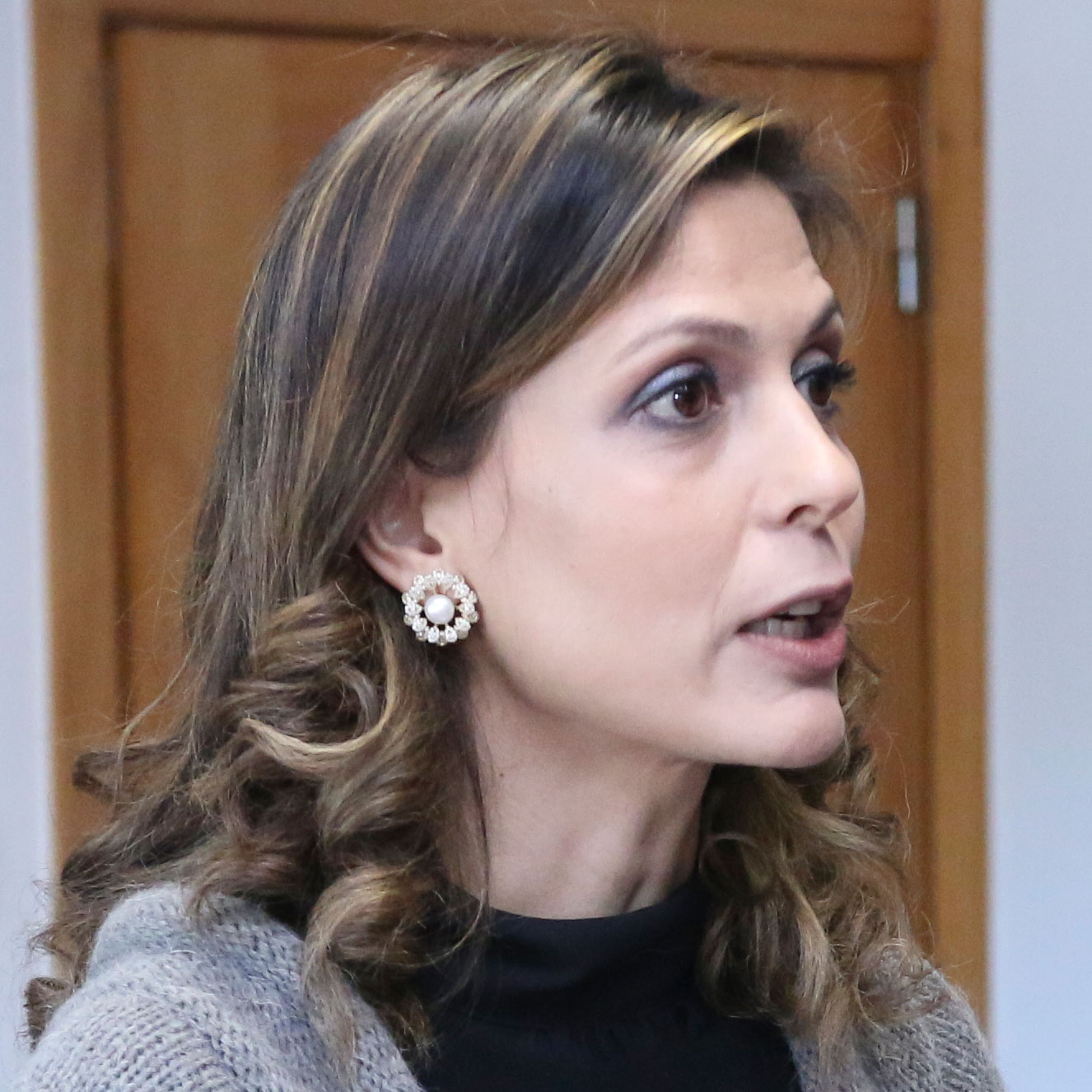 |
Susana Amante Relações Internacionais |
 |
Maria Pacheco Figueiredo Universidade Europeia Eunice |
Anteriores
-
- João Luís Monney de Sá Paiva
- Fernando Sebastião
- João Pedro Antas Barros
- Alberto Vara Branco
Central Services
